

Together for a more sustainable and smarter real estate world
FIABCI-Suisse and the 2000-Watt Smart Cities Association have signed a cooperation agreement. Thomas H. Henle (President) and Michele Giambonini (Vice-President) of the Swiss Chapter of the International Real Estate Federation, as well as Andreas Binkert (President) and Conrad Wagner from the Swiss Smart City Association, which now wants to establish the 2000-Watt Smart Cities (2000WSC) label on a broad international scale with the help of FIABCI, recently signed a corresponding agreement in Zurich.
Cooperation at the real estate fairs MIPIM and Expo Real
The aim of the cooperation is to offer the idea and concept of the Swiss 2000WSC label in other countries around the world. The Smart City Association and the international real estate association want to create and take advantage of opportunities at future trade fairs abroad, such as MIPIM 2021 in September (in Cannes/France) as well as EXPO REAL 2021 in October (in Munich/Germany), to make the Smart City Label better known internationally.
"We are very happy about the new partnership with FIABCI-Suisse. The 2000-Watt Smart Cities Association joins forces with an association that is excellently positioned internationally and represented in many countries in Europe, the Americas, Asia and the Pacific region as well as Africa, from which we will benefit," explained Andreas Binkert.
"The WSC2000 label has proven extremely successful in Switzerland and has also shown that it has great potential on an international level as well. As a global association, we would like to support this at future events of the real estate industry worldwide," added Thomas H. Henle.
"The human factor is just as important"
On the occasion of the signing of the cooperation agreement, Binkert explained that the Smart City Association is currently already in talks with three of the BRIC countries (Brazil, Russia, India and China) in order to anchor the label in these countries as well. He emphasised that the 2000WSC label does not only refer to real estate but also focuses on people as users of the properties. "Important in this context, in addition to the many sustainability aspects, are the social and societal components," Binkert continued. "The introduction of the label, especially in large growth markets, represents a very good tool to achieve effective effects."
Henle also emphasised the importance of the label for meeting the global sustainability criteria of the United Nations (UN) and sees a large overlap here: "13 of the 17 UN criteria are covered by the Smart City label. The remaining four criteria are of a purely political nature. Therefore, the Swiss label covers everything that is required internationally and worldwide. The entrenchment mechanism in the old way of thinking is still strong in many countries. This must now be addressed and changed with vigour, Henle said. "By FIABCI-Suisse and the 2000-Watt Smart Cities Association teaming up from now on, we can help many stakeholders to certify smart neighbourhoods and cities."
"The 2000-Watt label is a very well-functioning instrument in Switzerland, which has now been able to award 38 certificates. With the cooperation with FIABCI, we want to give real estate managers around the world motivation for sustainable building and for sustainable properties and neighbourhoods. We must not repeat elsewhere the mistakes that have already been made in the Western world," Binkert concludes.


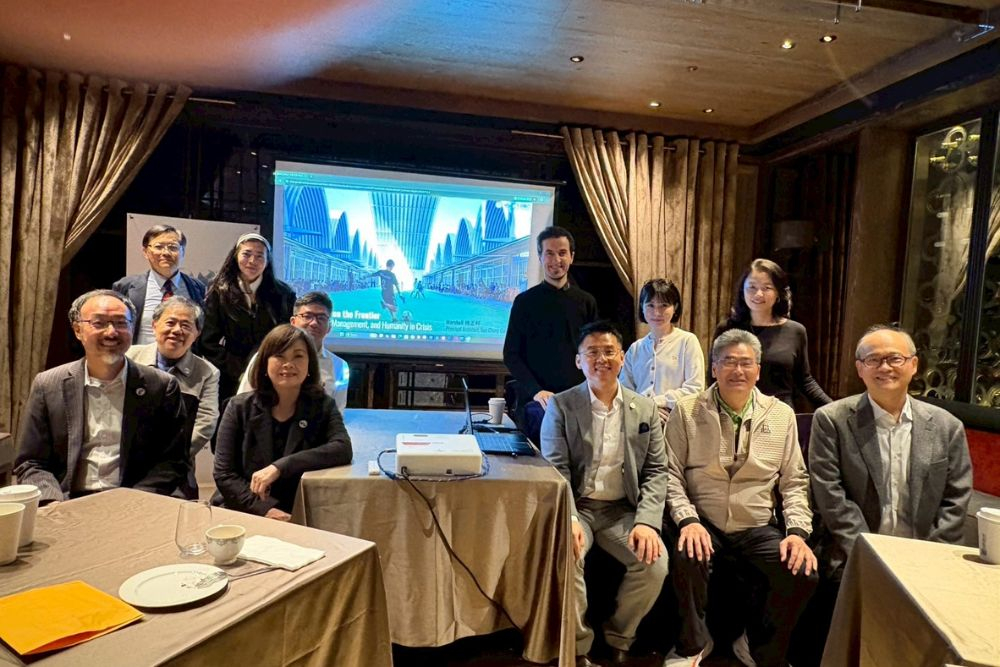
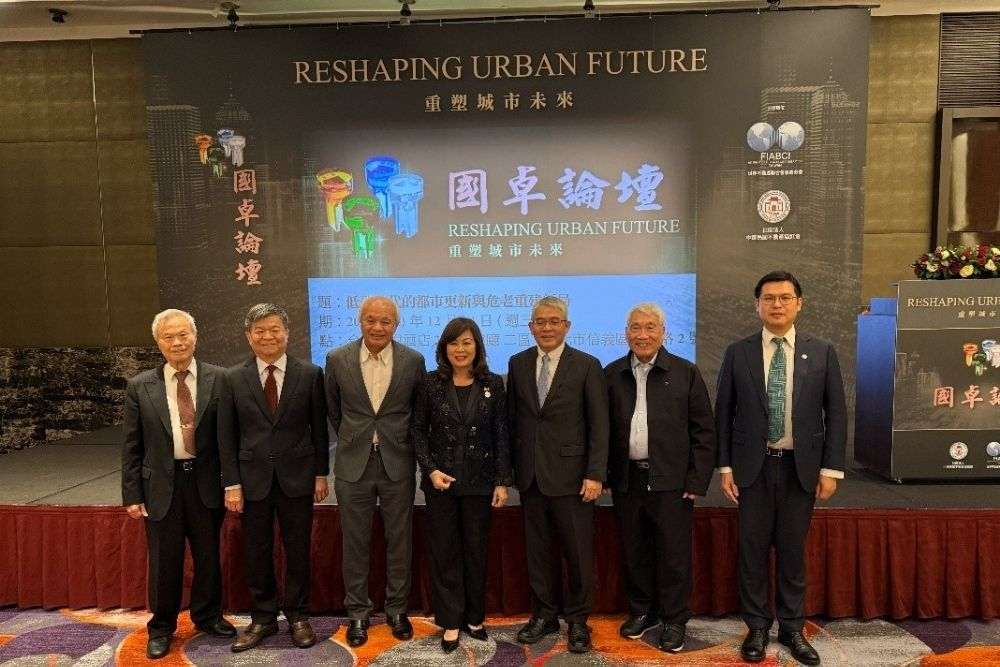
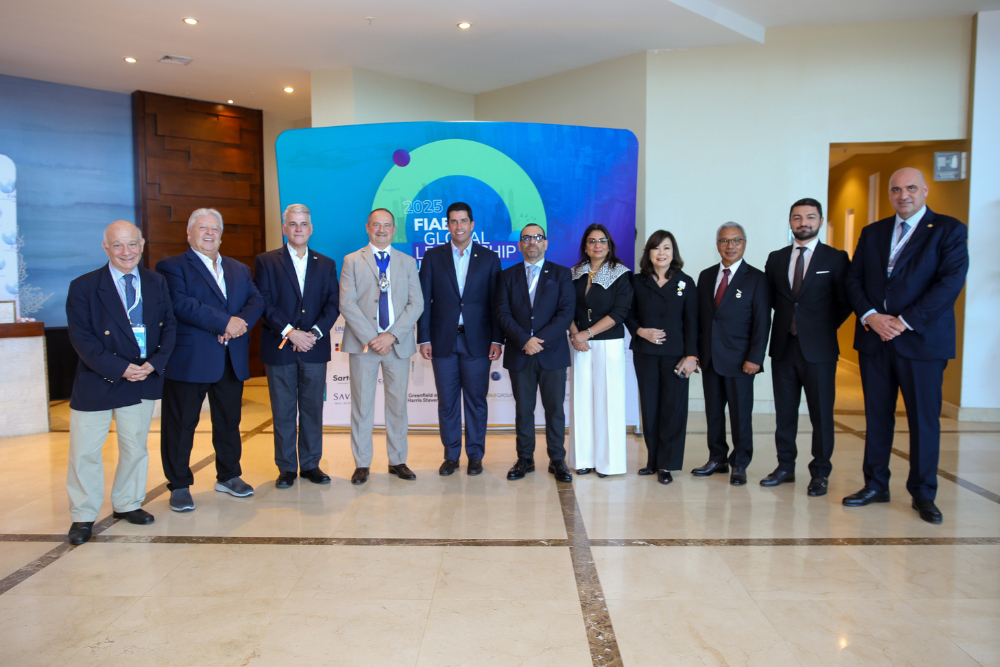
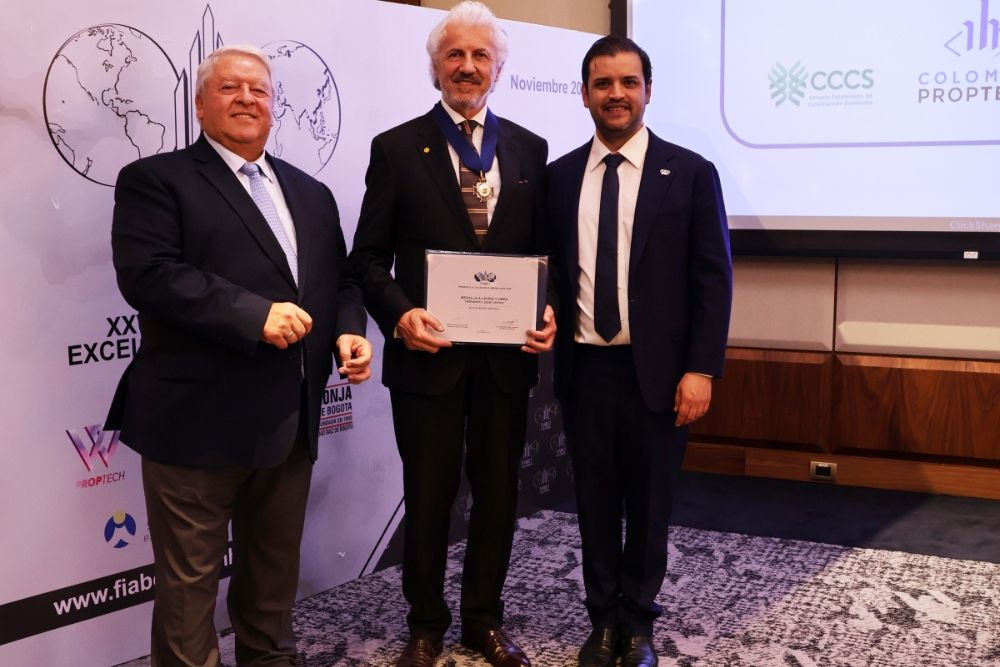
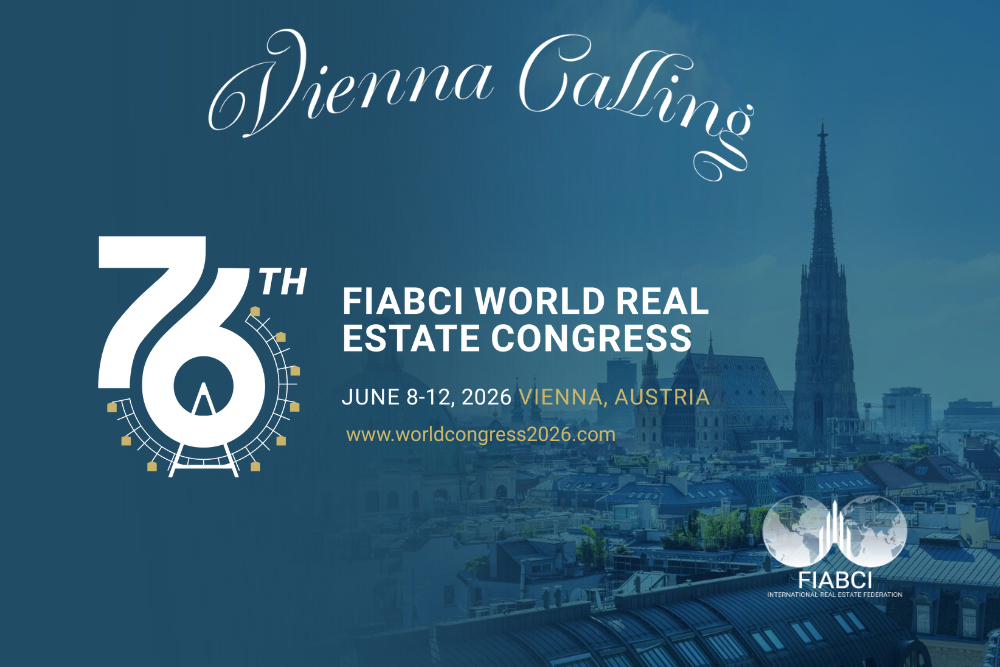
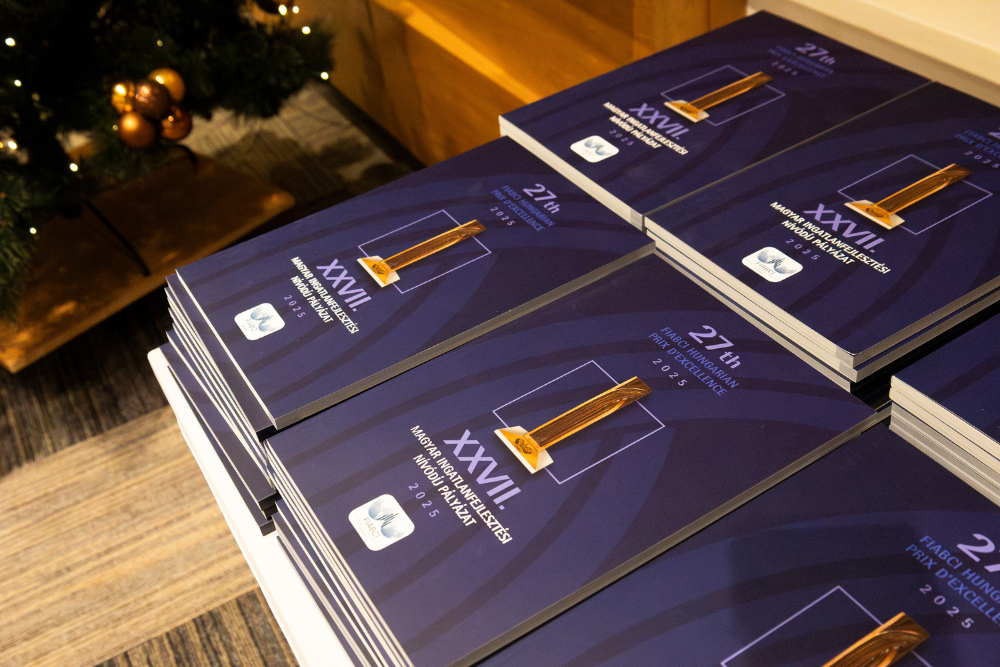
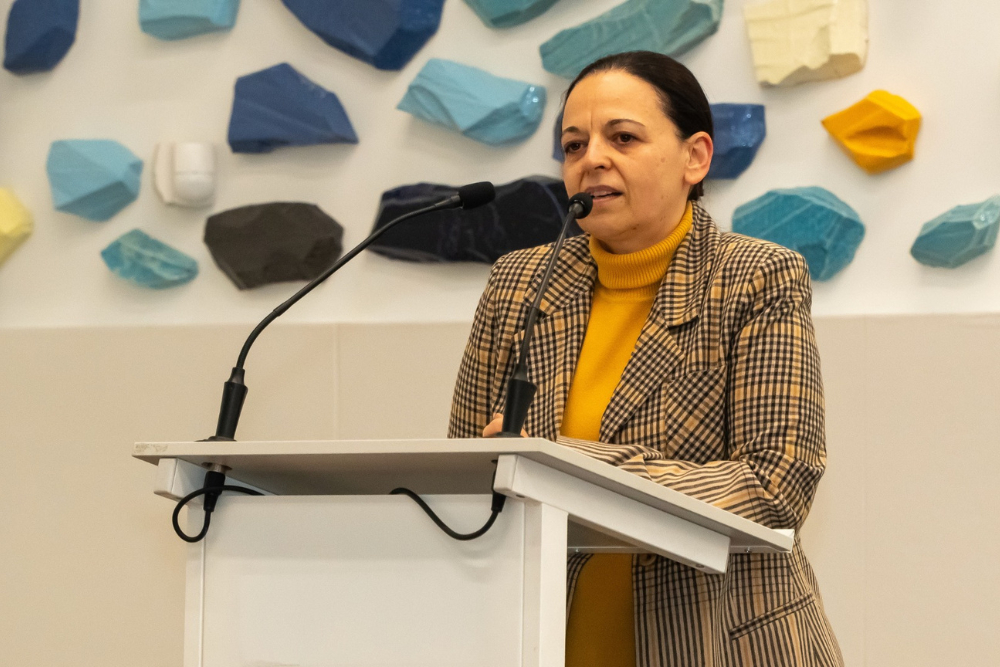
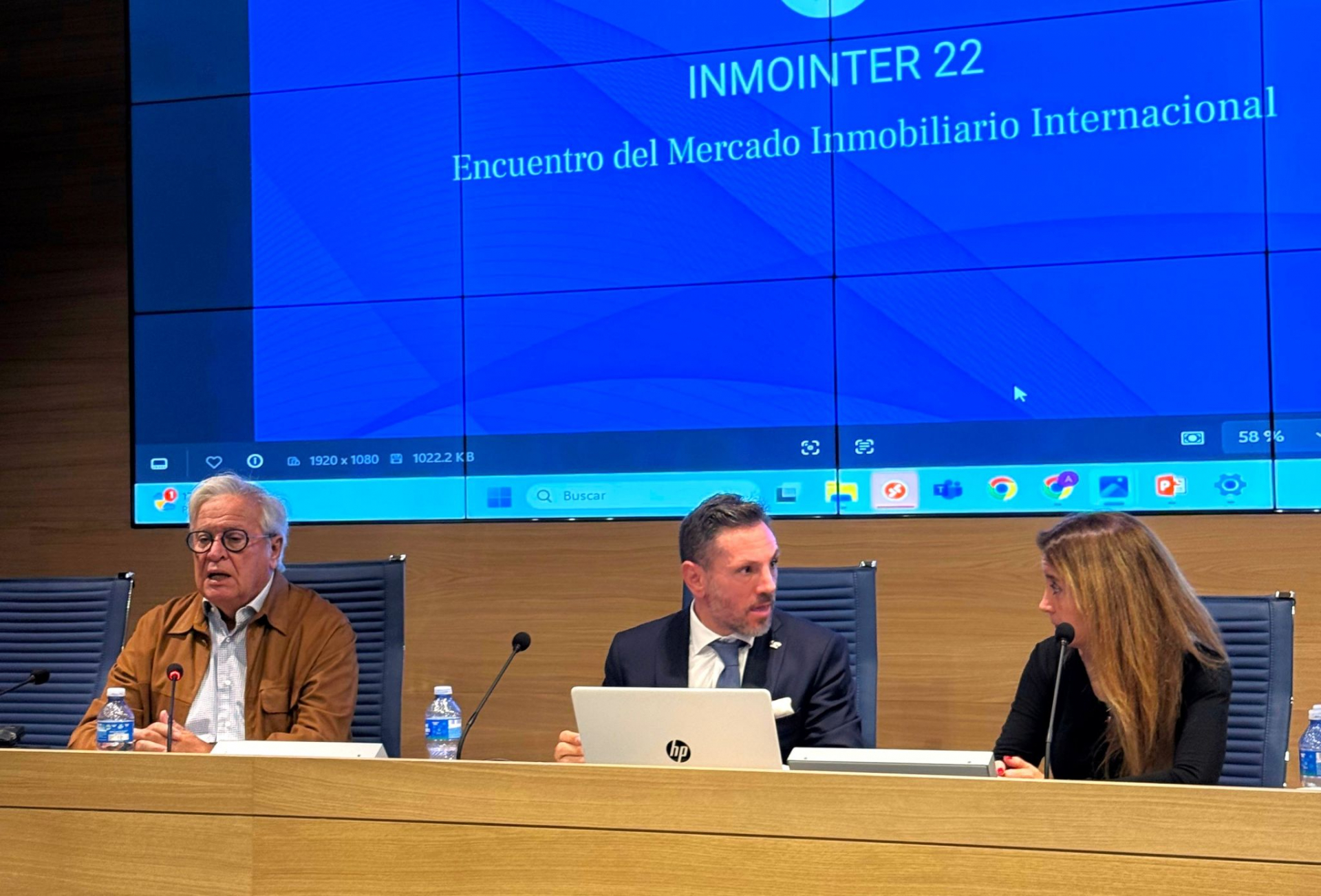
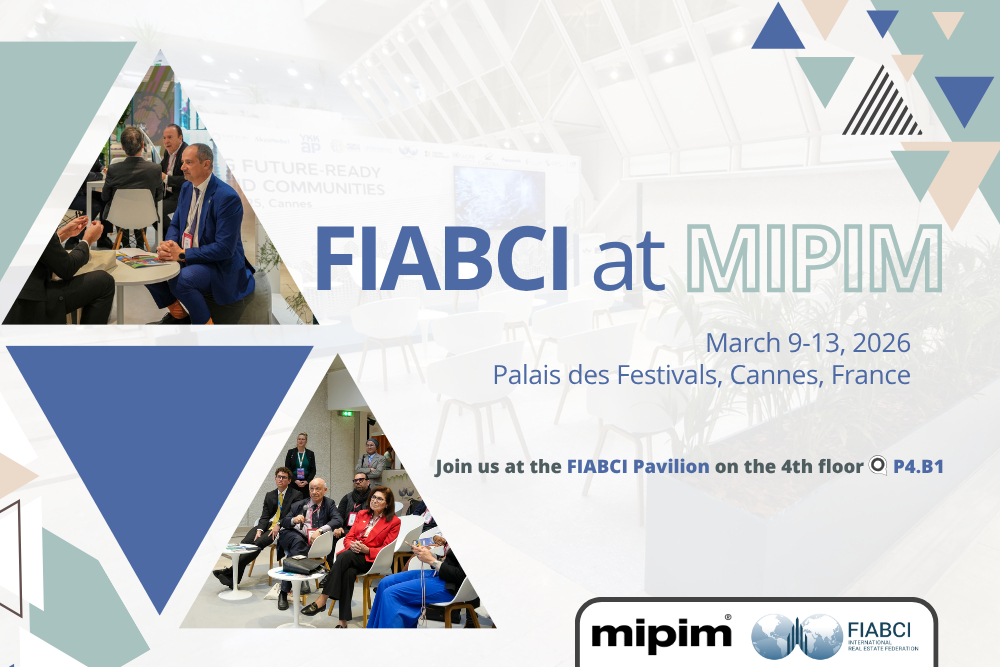
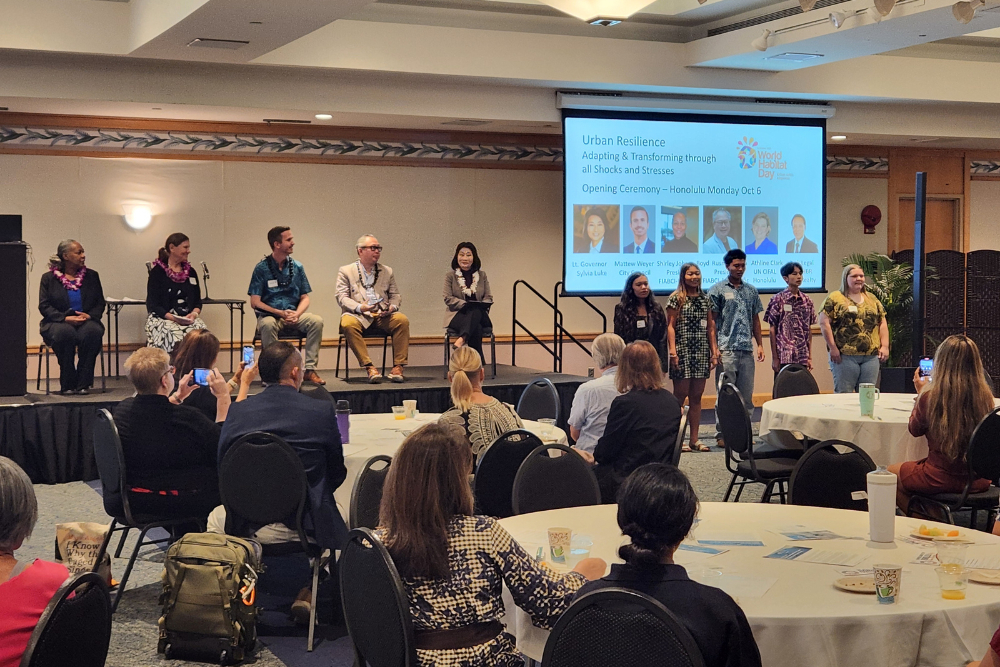
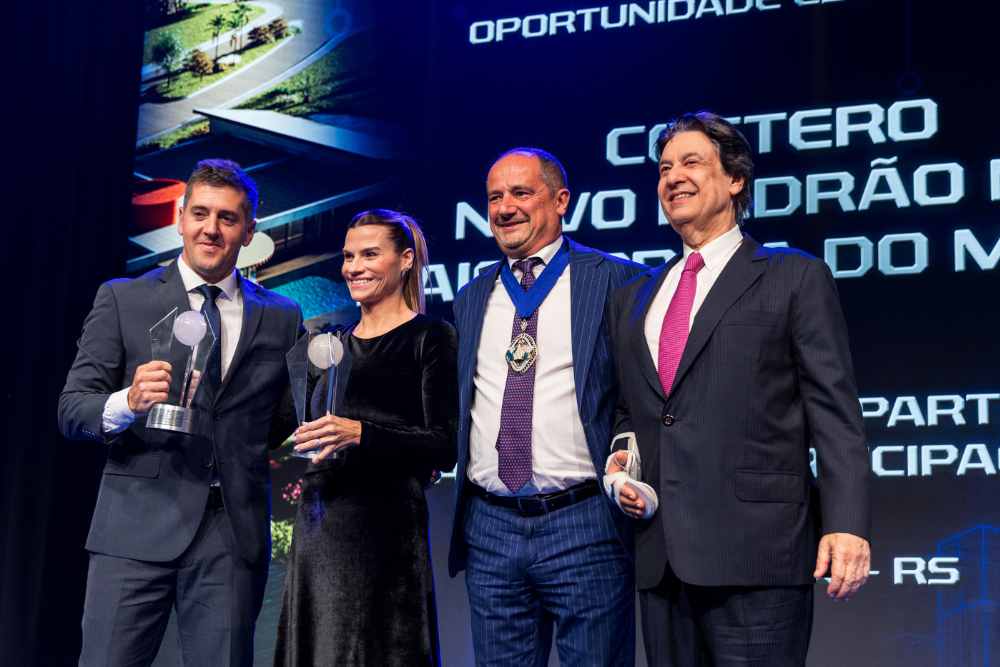
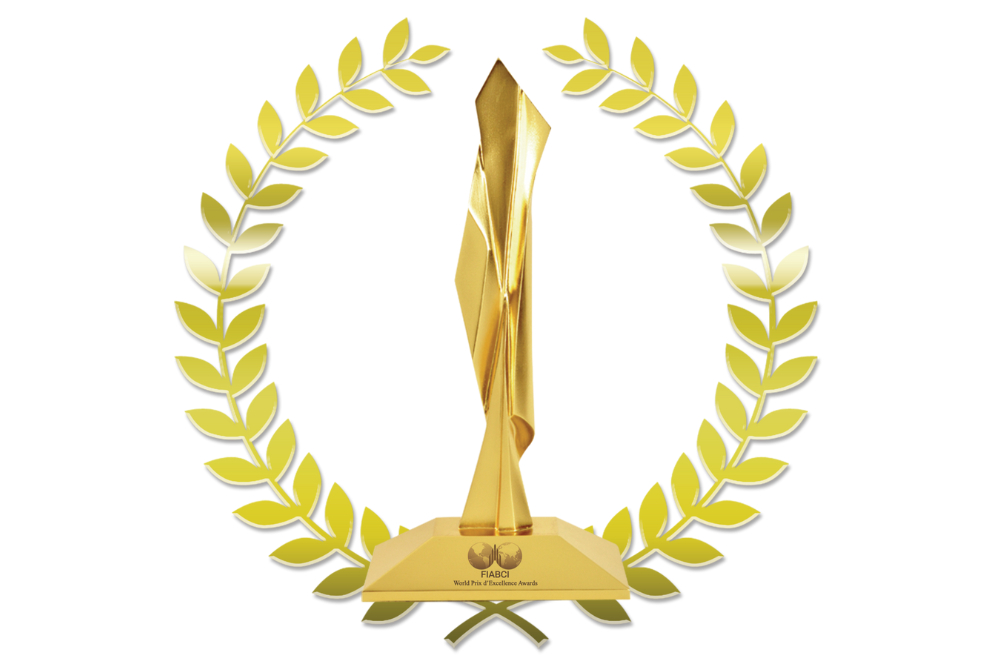
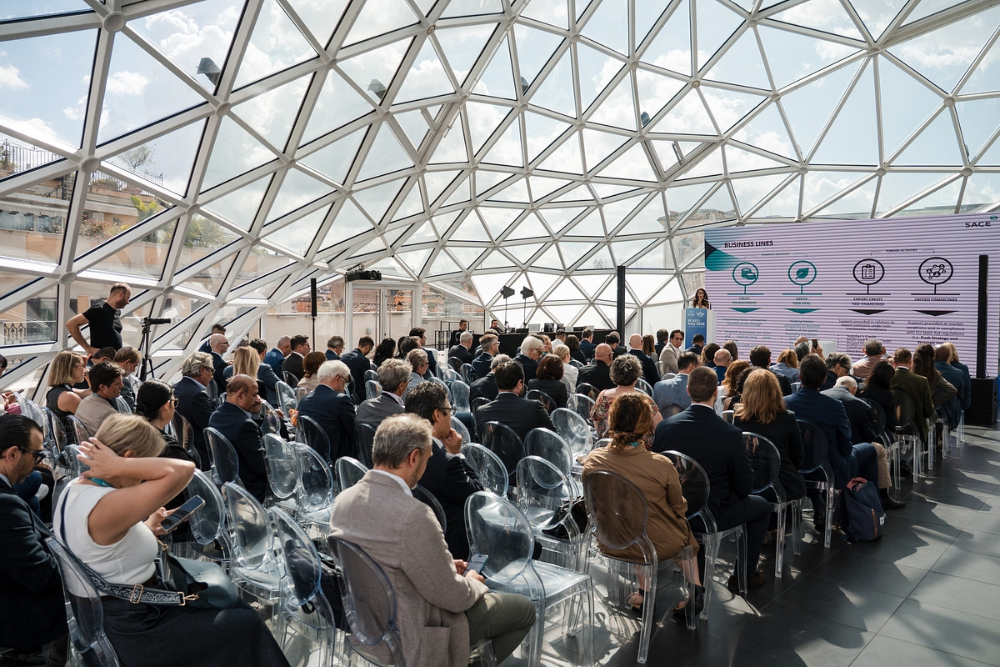
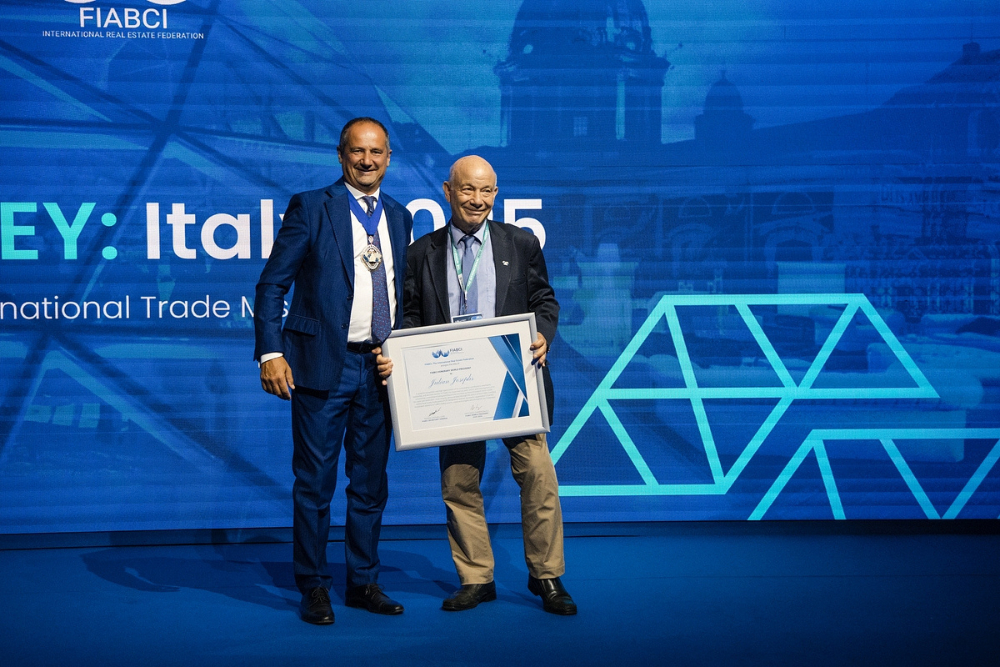
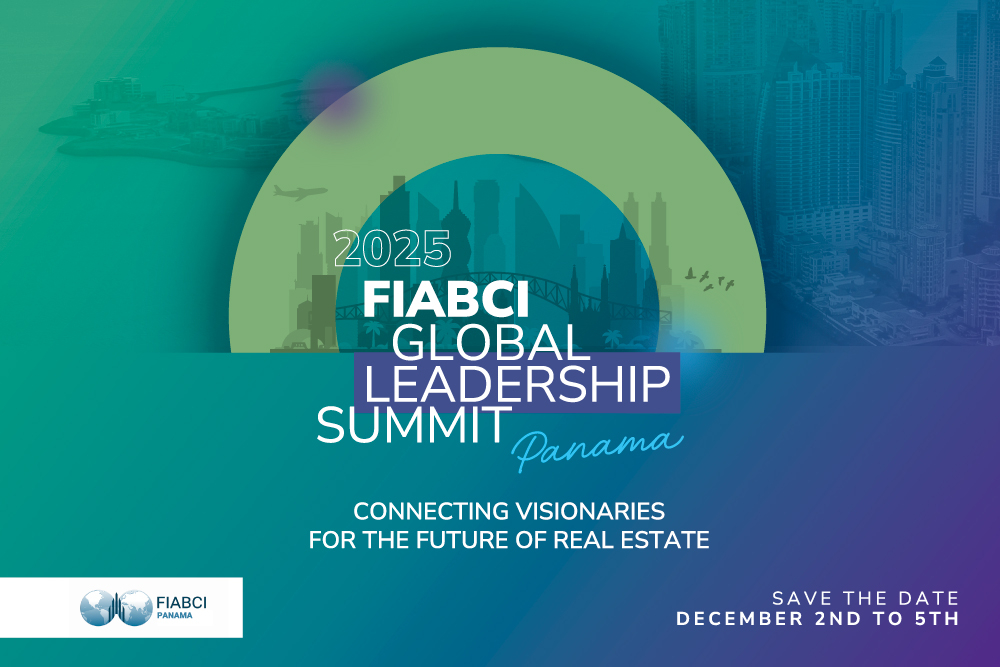


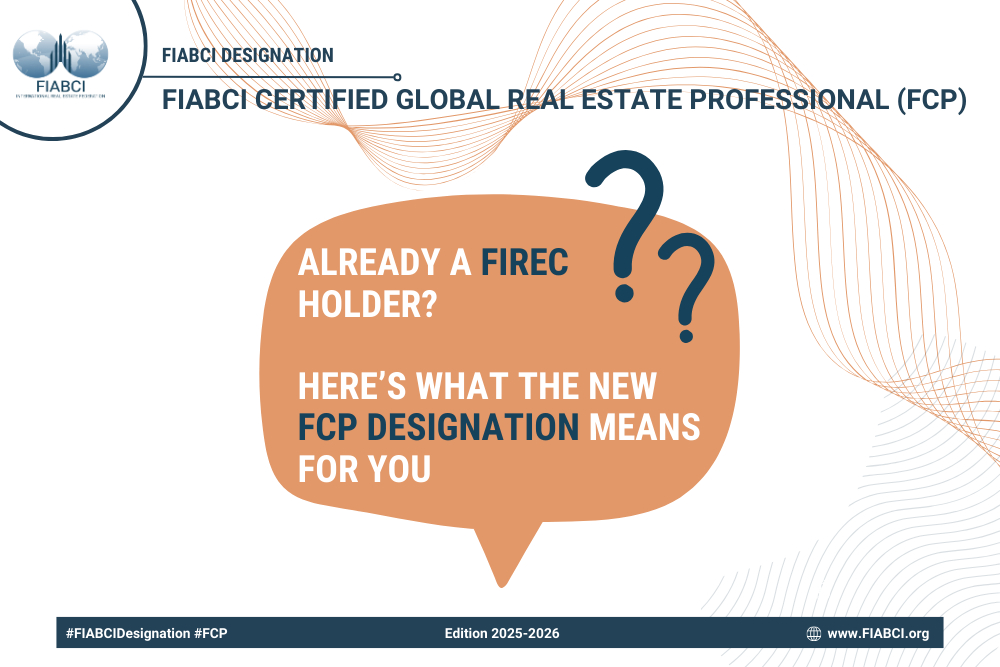
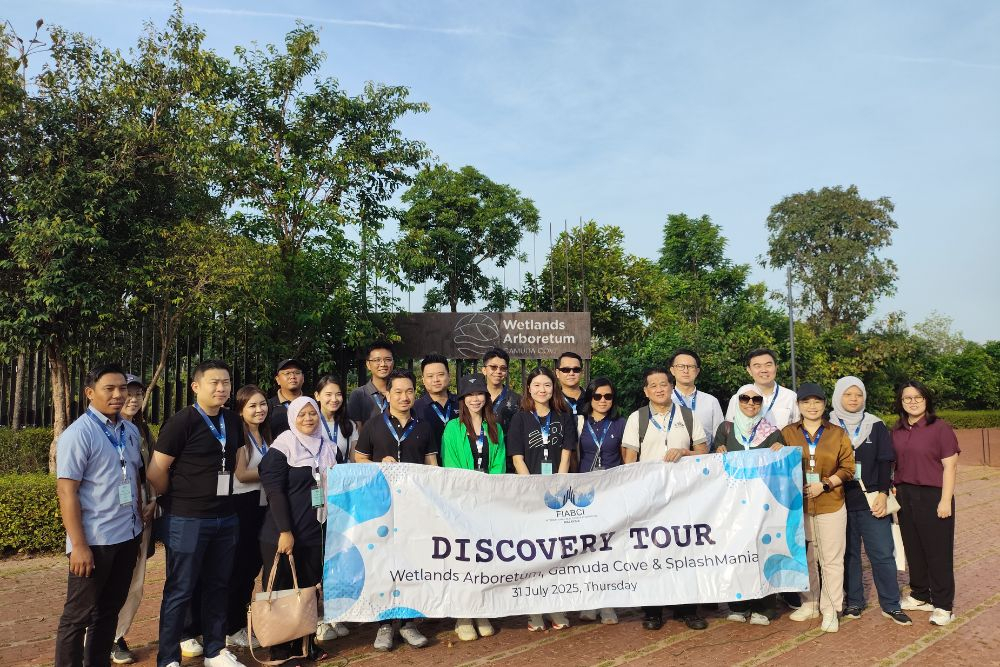
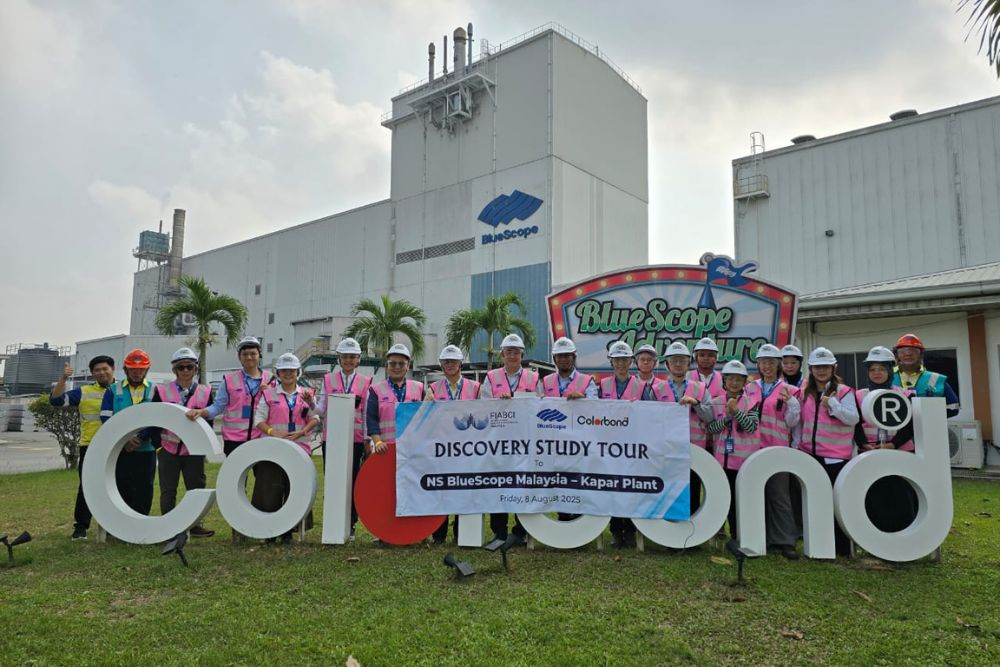




















































































































































































































































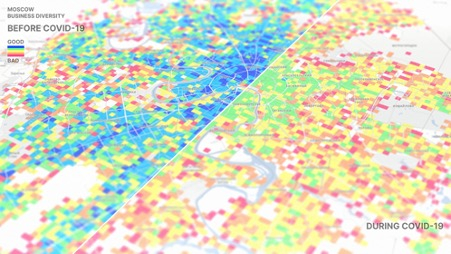





































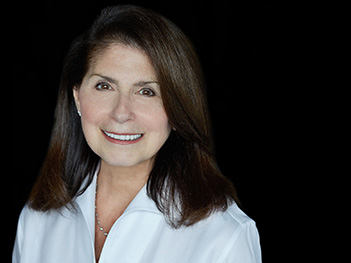



























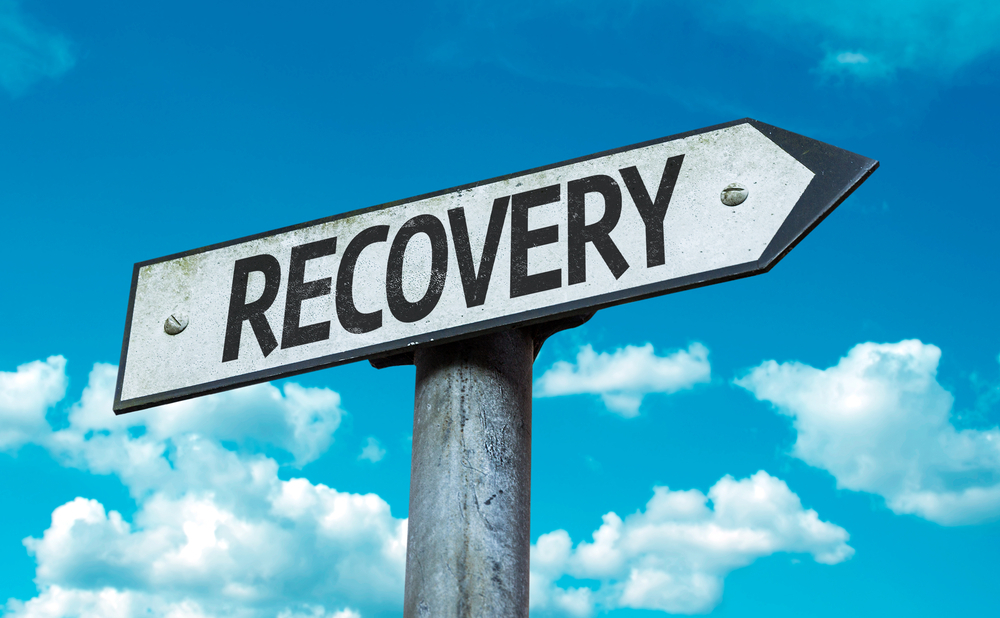










![[Webinar Summary] COVID-19: What lies ahead for the Real Estate Industry?](/uploads/news/9i1w05plq2ksbcswuyj5ze2nr.png)































































































